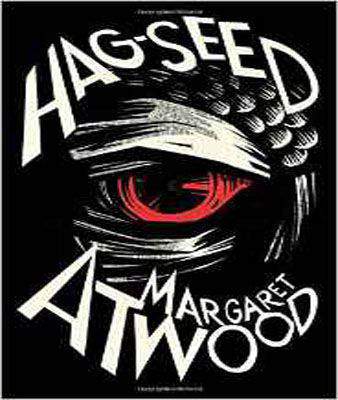



Felix's fall from the theatrical elite is brought about by the betrayal of his right-hand man, Tony. Hag-Seed follows the life of Felix, once experimental artistic director of the Makeshiweg theatre festival, now an exiled man who speaks to his daughter's ghost. The story culminates with a "fantastic climax of dark calamity" in a metaphorical and literal storm.Ītwood's Hag-Seed can be considered an example of what Graham Wolfe calls "theatre-fiction": "referring to novels and stories that engage in concrete and sustained ways with theatre as artistic practice and industry". Dealing with themes of loss, revenge, a life of imprisonment and the concept of closure, Atwood uses Felix's lessons on The Tempest to the actor-inmates to demonstrate the parallels between her text and the original play. A witty, dark and imaginative adaptation of Shakepeare's play, Hag-Seed manages to convincingly create a vengeful Duke Prospero from the slightly ridiculous, and certainly more sympathetic, director Felix. The novel had varying reception among critics and audiences. Thus begins his plot of revenge against those who wronged him. Having suffered in isolation, Felix is granted the position of teaching in a prison literacy program in the Fletcher County Correctional Institute. The novel centres on theatre director Felix who loses his job with Makeshiweg Theatre, and is exiled from his position in society, following his betrayal by a trusted colleague. A modern retelling of William Shakespeare's The Tempest, the novel was commissioned by Random House as part of its Hogarth Shakespeare series. Hag-Seed is a novel by Canadian writer Margaret Atwood, published in October 2016.


 0 kommentar(er)
0 kommentar(er)
